US won't be constrained by UN Security Council in Syria: Haley
The United States does not consider itself constrained by the UN Security Council and may seek “justice” in Syria on its own terms, says the US representative to the UN, Nikki Haley.
Haley said on Friday that with or without unity of the council, Washington “will continue to fight for justice and accountability in Syria.”
She made the remarks after Russia vetoed a UN resolution that sought to extend the mandate of the international investigation into chemical weapons use in Syria.
The mandate for the US-drafted resolution, known as Joint Investigative Mechanism (JIM), expired on Friday. This was the third time in a month Russia vetoed attempts at the UN to extend the inquiry.
The council’s permanent member, Russia agreed to the creation of the investigation two years ago, but it has consistently questioned its work and conclusions. It has repeatedly cited flaws in the work on instigators.
Russia’s UN ambassador Vassily Nebenzia said on Friday that the investigation could only be extended if “fundamental flaws in its work” were fixed. He said that for the past two years the investigators had “rubber-stamped baseless accusations against Syria.”
They accused Syrian President Bashar Assad of using chemical weapons against his own people. Syria, however, has repeatedly denied the allegations.
Haley further said that Russia has in recent weeks been trying “to delay, to distract and ultimately to defeat the effort to secure accountability for chemical weapons attacks in Syria.”
“Russia is wasting our time,” she argued.
Her remarks provoked an angry response from Russian Foreign Minister Sergei Lavrov, who accused her of having engaged in a “fake diplomacy.”
“It seems we are witnessing a new phenomenon in international relations, as now, apart from fake news, there is also fake diplomacy,” Lavrov said.

The US has long history of taking actions in Middle Eastern countries with no mandate from the United Nations. Back in August 2014, Washington along with some of its allies launched a campaign of airstrikes against what are said to be Daesh positions inside Iraq.
The coalition expanded its campaign to Syria in 2014 without any authorization from the Damascus government or a UN mandate.
US Defense Secretary James Mattis claimed on Monday that “the UN said that …basically we can go after ISIS (Daesh). And we're there to take them out.”
Lavrov, however, rejected his remarks on Thursday, saying the US presence in Syria “is illegitimate because it does not rely either on the decision of the UN Security Council or on the invitation of the legitimate government.” He said that there was no Security Council resolution that allowed US troops on the Syrian territory.
The US airstrikes have on many occasions--both in Iraq and Syria-- resulted in civilian casualties and failed to fulfill their declared aim of countering terrorism.
Trump 2.0 and its possible implications on Ukraine war, NATO and Europe
Israeli commander exposed troops to resistance fire to steal plasma screens
Iran lifts ban on WhatsApp, Google Play
VIDEO | Palestinian childhood under threat
Yemeni forces strike Israeli military site with hypersonic missile
Yemeni missiles alter US, Israel’s calculations: Iranian FM
Israel provides full support for theft of aid to starve Gazans: Report
'Israel booby-trapped walkie-talkies, pagers years before Lebanon blasts'


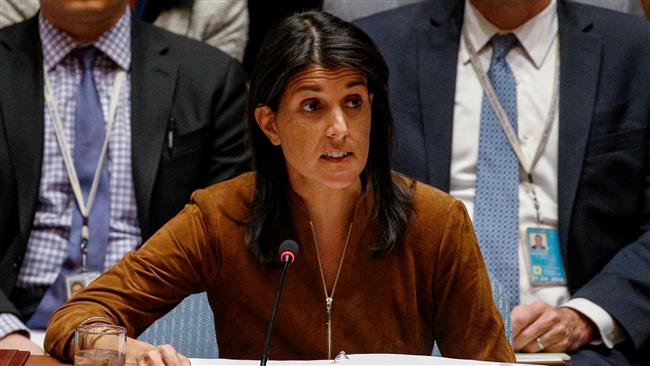
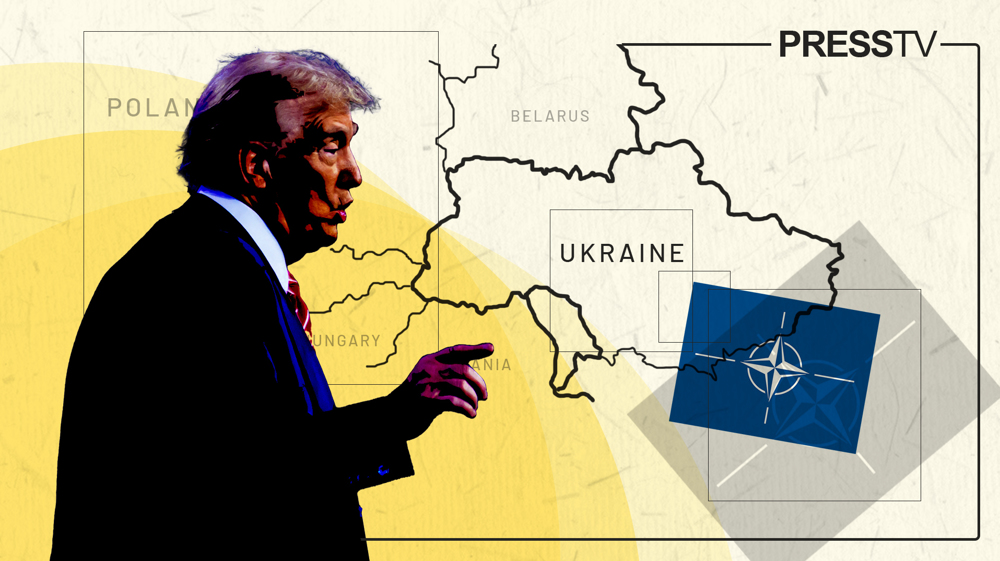





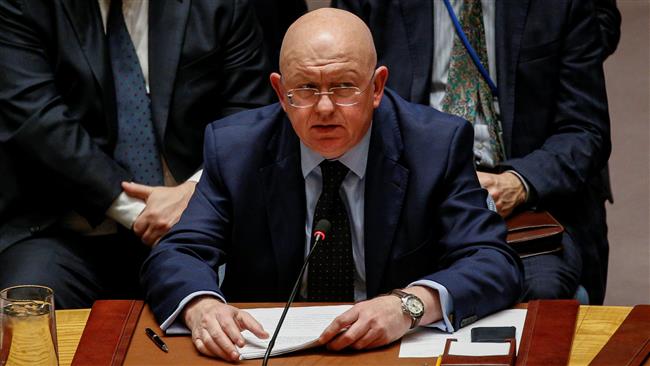
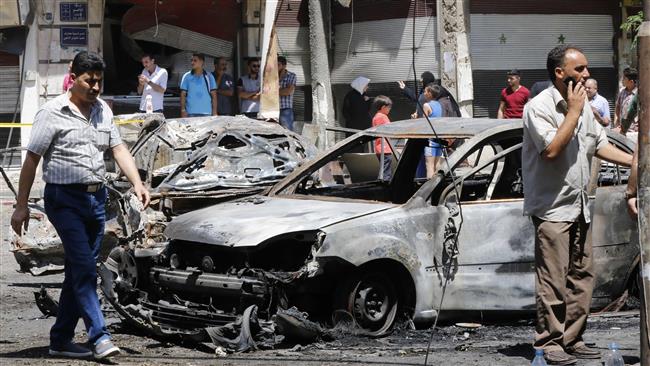
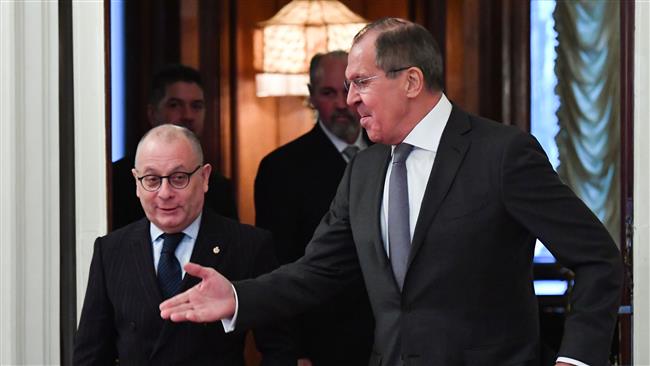

 This makes it easy to access the Press TV website
This makes it easy to access the Press TV website